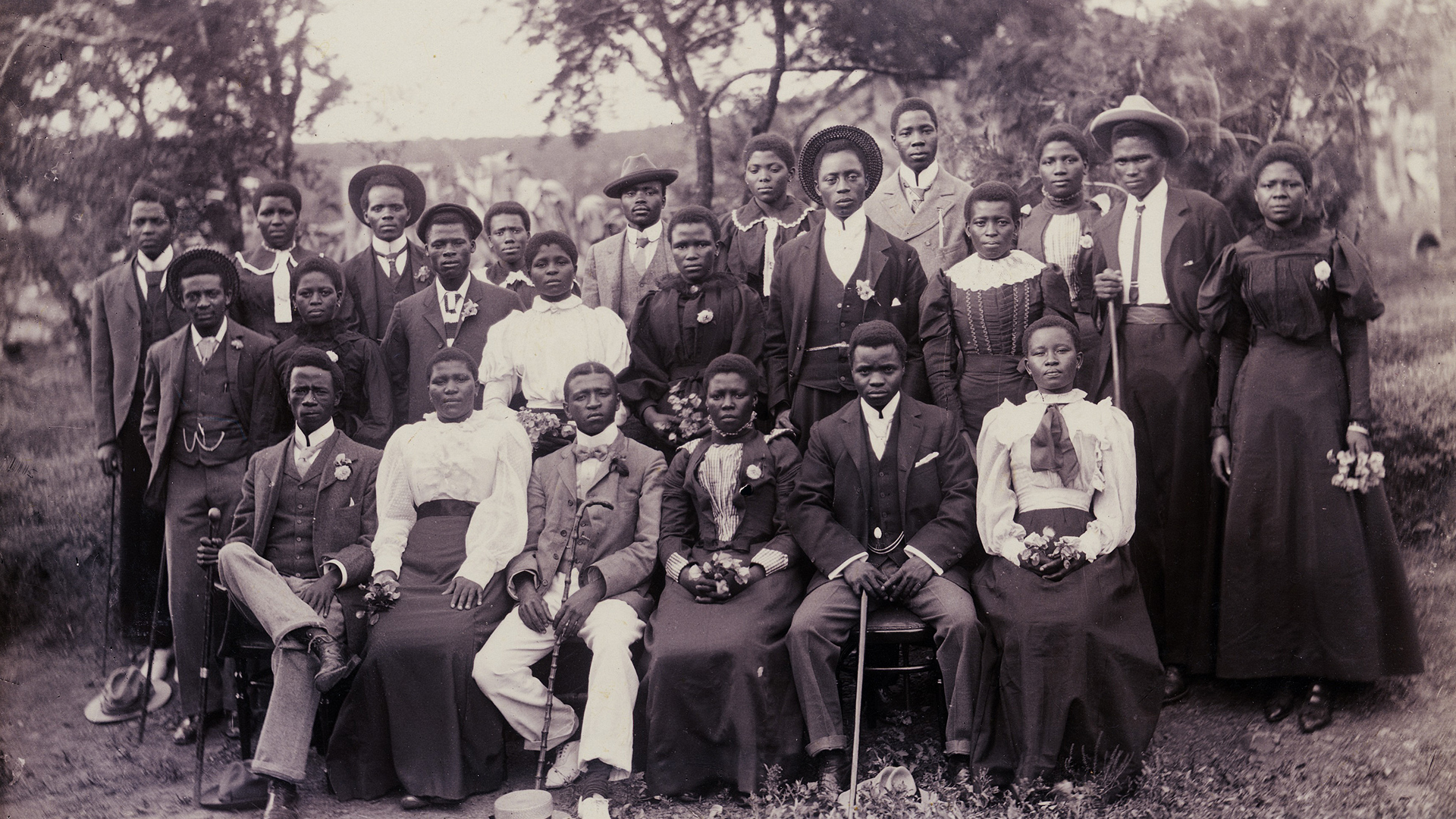Colonial-era 'Native education'
Historians trace colonial-era education in South Africa back to 1658, when Jan van Riebeeck, the Dutch “Commander of the Cape”, established a school for slave children. Slaves at the Cape came from a vast variety of linguistic backgrounds, and one of the school’s functions was to teach and spread Dutch in order to make these slaves more useful to their masters.
As in the rest of the world, education and religion were intertwined. In the 1700s, Muslim leaders from Indonesia, deported to the Cape for resisting Dutch colonisation, began to spread the Islamic faith within the slave community and to teach literacy to the children of slaves and free black citizens alike.
Christian missionary efforts at ‘native education’ began on a large scale in the 1800s in the Eastern Cape, Northern Cape and Zululand. The Protestant work ethic was a central theme in much missionary teaching; one objective of this was the preparation of Christian converts for employment in an industrialising capitalist economy. Nevertheless, mission-based education provides decent basic schooling for a handful of black students; however, tertiary provision remains limited.
The mission schools produced a small but self-sustaining, intellectually orientated black middle class. Ironically, this class gave rise to many of the colonial — and later apartheid — system’s most prominent opponents, including Unisa alumni Z.K. Matthews, Anton Lembede, O.R. Tambo and Nelson Mandela.
